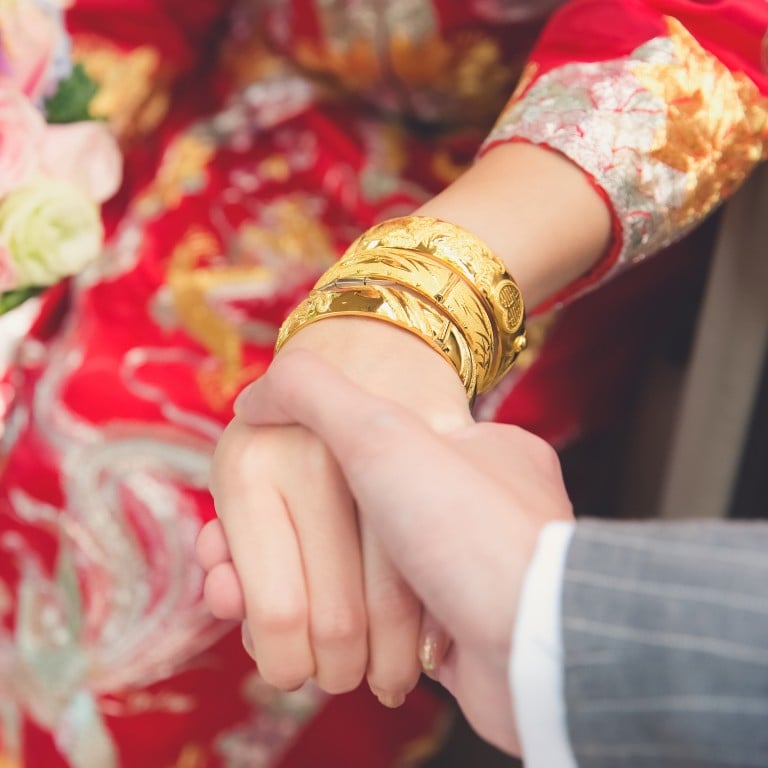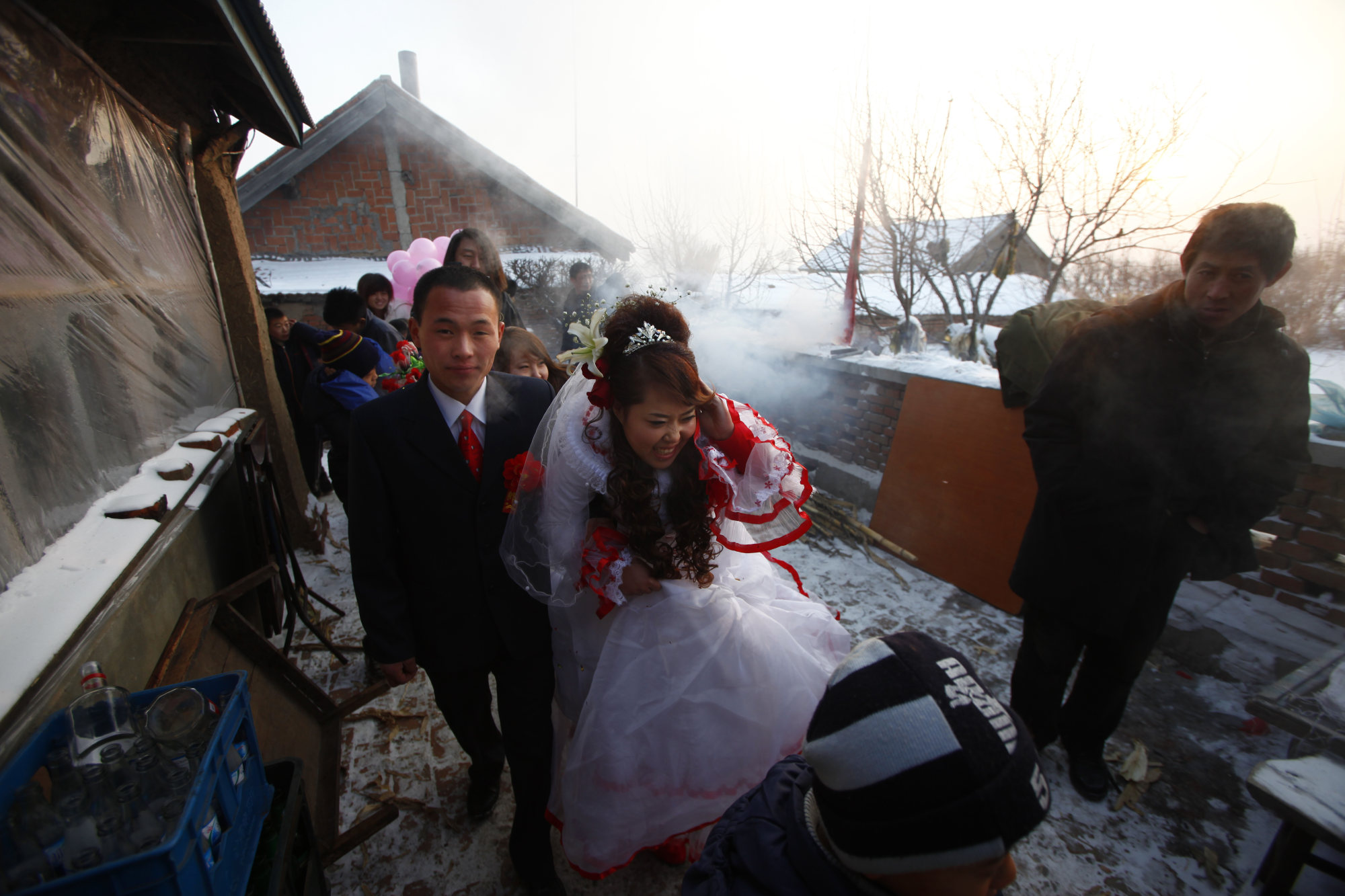
Blaming China’s women for high ‘bride prices’ is not how to promote marriage
- If Beijing really wants to encourage marriage, rather than putting pressure on women and their families to stop this admittedly problematic custom, it should address the gender inequalities that make marriage unattractive to women
In one of the most brutal murders disclosed by the Shenzhen legal authorities last year, 19-year-old Xiaomin lost her life over just 55,000 yuan (US$7,600). She was stabbed to death by her ex-fiancé Ah Jin in a dispute involving the Chinese custom of a betrothal gift, or “bride price”.
The two were engaged and Ah Jin paid Xiaomin’s mother the money, promising to get married once Xiaomin reached the legal marrying age of 20. But, after spending time with each other’s families, the young couple started bickering and soon broke up.
Ah Jin asked for the money back, but was turned down. Infuriated, he bought a knife and confronted Xiaomin at work.
The guidelines make clear that asking for money or property in the name of marriage is forbidden. In general, in cases where the two parties were married but got divorced, caili should not be given back, but it is more likely to be returned if the couple were just engaged and living together.
It also included a list of what’s not considered caili, such as birthday presents.

Last year, local governments across China cracked down on what they called “ugly marriage traditions”. One city had kicked off a campaign to look for “the most beautiful mother-in-law” who didn’t ask for too much money, and another had single women sign a letter promising not to marry for money.
But these measures mainly target the women. Furthermore, since the root of the problem was created by the government, it’s unfair to pressure women and their families to put a stop to it.
The origin of caili can be traced to China’s one-child policy. Under the policy, many families aborted girls in their preference to have sons. When the time comes for them to get married, there is a huge surplus of men, especially in rural areas. In a January report, the National Bureau of Statistics said that, by the end of 2023, there were 30 million more men than women, with a gender ratio of 104.49 males per 100 females.
Reluctance to marry, have kids continued in 2022 amid China’s population woes
The gender imbalance means the bride’s family can ask for higher prices, often tens of thousands of yuan. According to a 2021 survey from the Securities Times, the national average amount of caili was 69,000 yuan in 2020, over twice the annual income of 32,200 yuan. A few provinces even went over 100,000 yuan, with Zhejiang in the lead at 183,000 yuan.
Well-educated families today increasingly snub the custom. In the cities, the bride price is more likely to be seen as a remnant of patriarchy, in which women are regarded as property to be “sold” to another family. In public opinion, women are labelled “greedy” for demanding caili. But when money-related conflicts arise, they are also the party that is more likely to lose out.
Some people argue that women should see caili as a way to fight for financial security: if marriage is unfair to women, why not ask for more money to compensate for their loss?
This argument overlooks the fact that the money usually does not go to the woman. With or without a bride price, the woman has no power over who she marries, and after marriage is expected to perform the “wifely duties” of taking care of the household and having children.
In marriage, it’s also difficult for women to have children take their last name, receive help with childcare, or even receive their rightful share in a divorce.
Unless these gender inequalities are addressed, any superficial gesture to stop caili in the hope of encouraging marriage only scratches the surface.
Phoebe Zhang is a society reporter with the Post

.jpg?itok=H5_PTCSf&v=1700020945)